Session Proposal Form
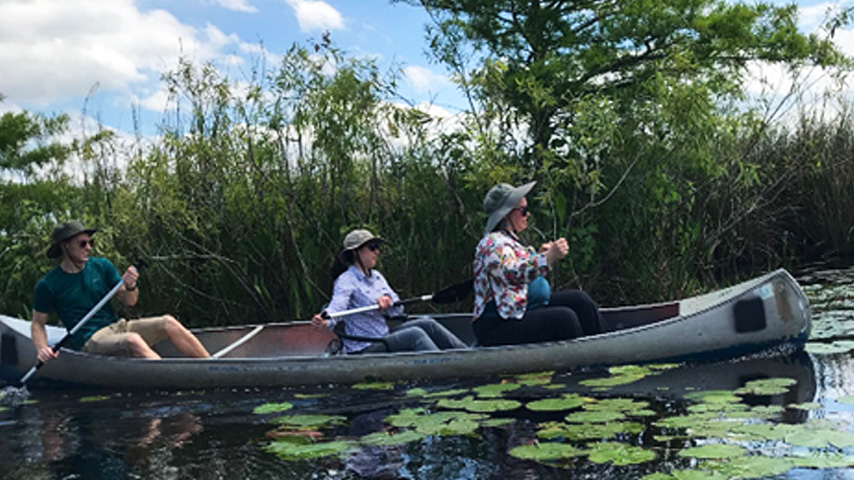
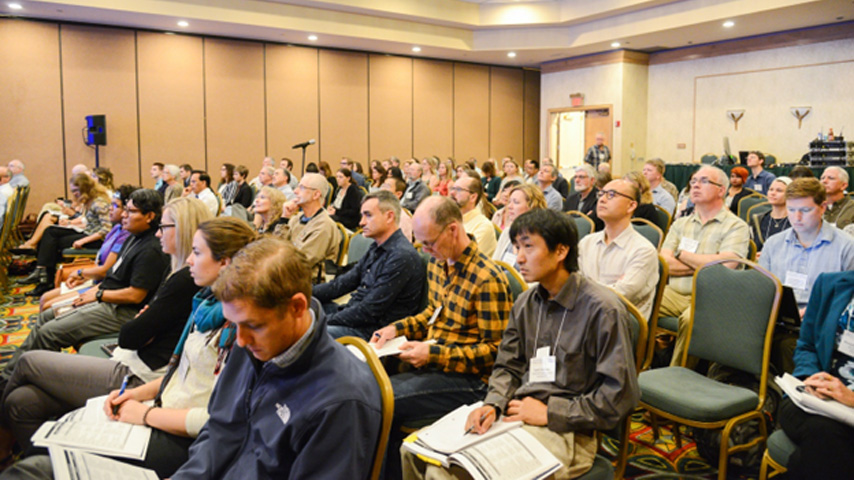
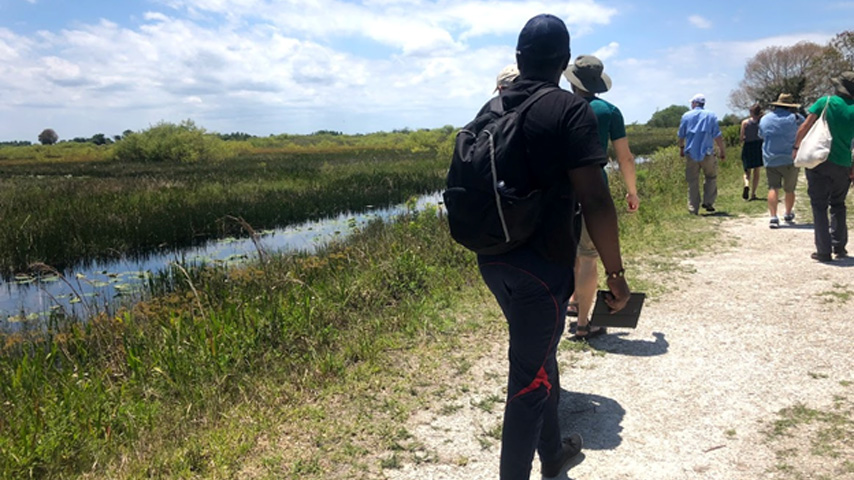
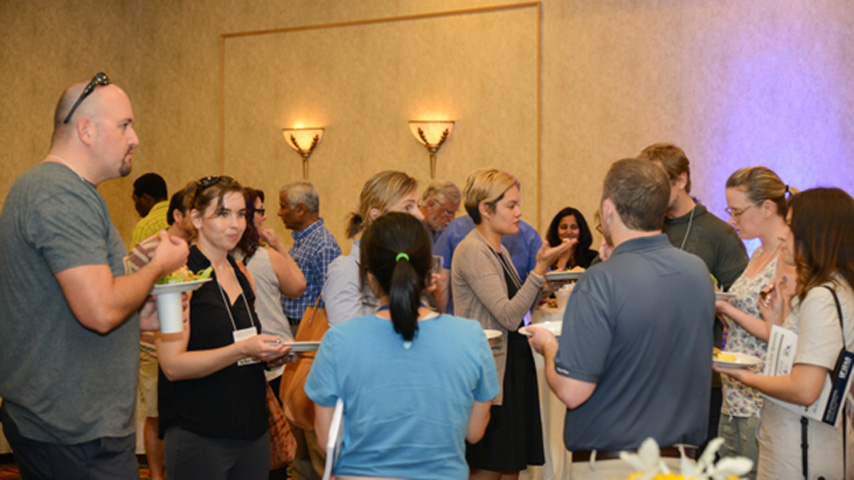
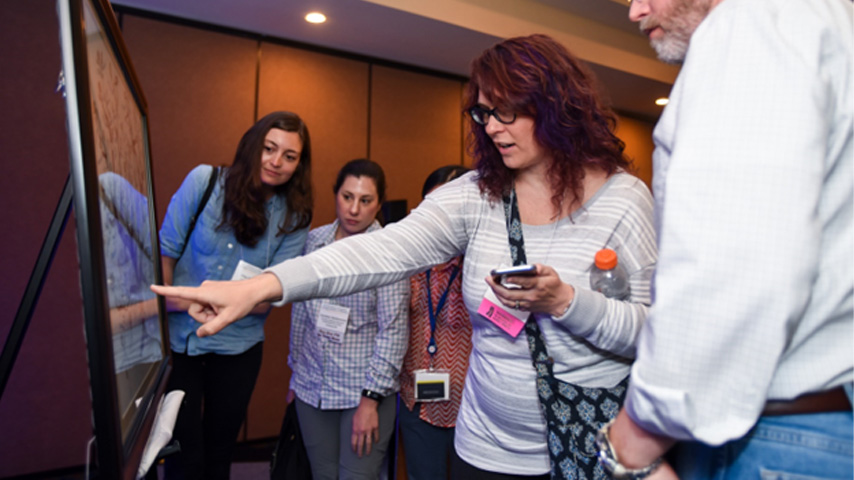
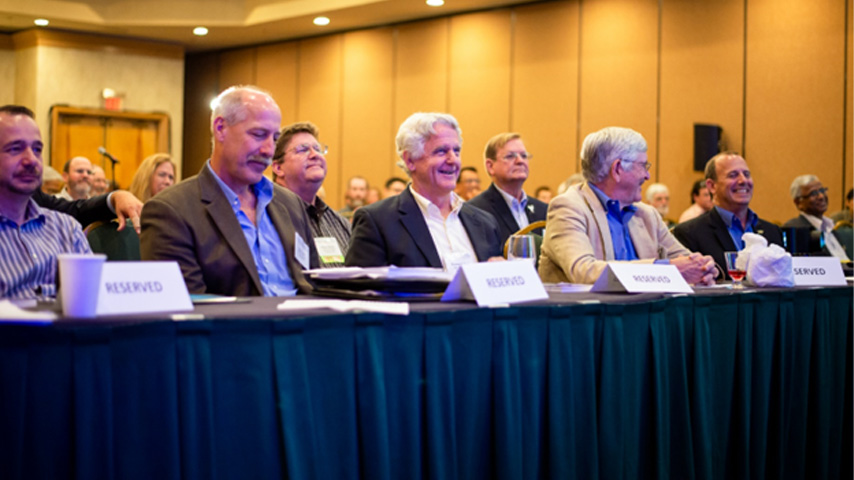
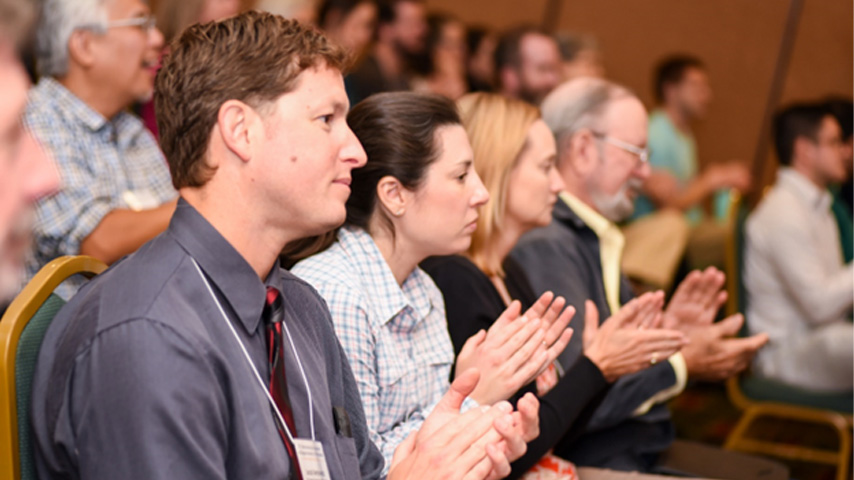
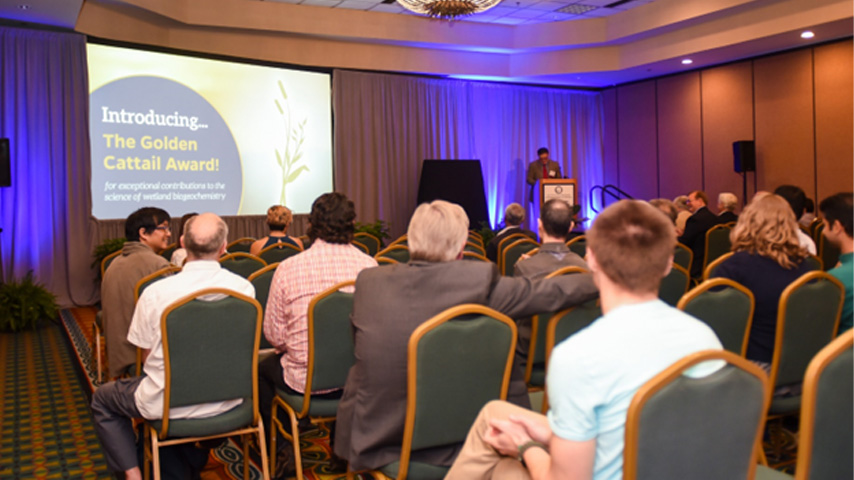
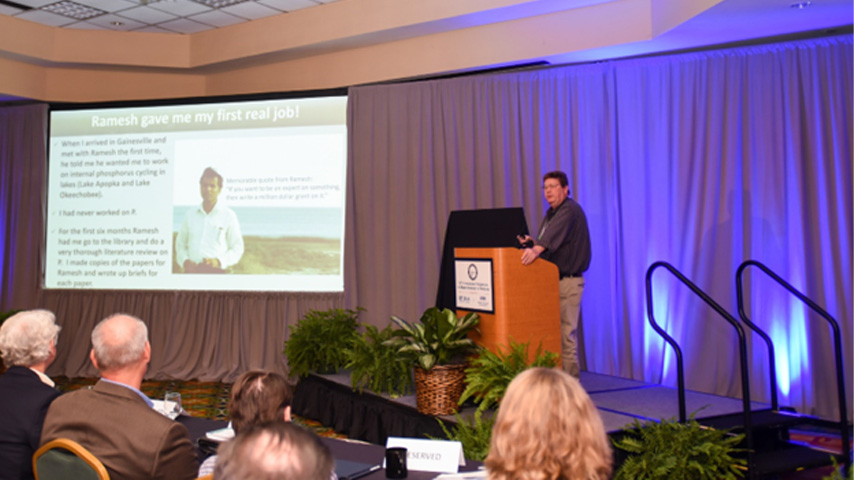
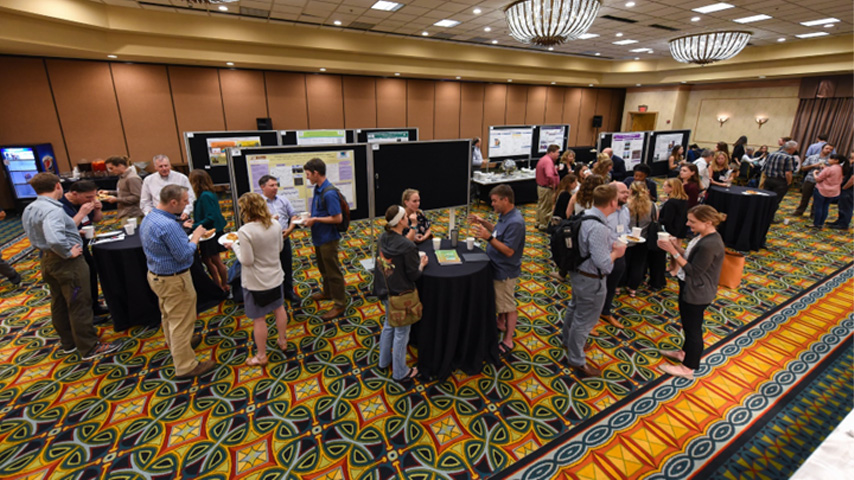










We are dedicated to providing a harassment-free experience for everyone, regardless of gender, gender identity and expression, age, sexual orientation, disability, physical appearance, body size, race, ethnicity, religion (or lack thereof), or technology choices. We do not tolerate harassment of participants in any form. Suggestive statements, sexual innuendo, or offensive remarks are not appropriate during any activity, including during talks, poster sessions, workshops, social functions, after hours parties, via Zoom chat or on Twitter or other online media. Participants asked to stop any harassing behavior are expected to comply immediately. Those violating these rules may be sanctioned or expelled without a refund at the discretion of the organizers. If you are being harassed, notice that someone else is being harassed, or have any other concerns about participant behavior, please notify the organizers immediately.
It is possible you may be contacted by a company claiming to be the official housing bureau for this conference. These companies contact conference exhibitors and attendees, telling them the guest room block is sold out at the host hotel. The company then quotes a rate at another hotel, claiming it is an official room block and that you must reserve through them to get discounted rates. They ask for your credit card information so they can make a reservation for you. DO NOT FALL FOR THIS or you will lose your money. This scam is affecting conferences all over the country. No matter what meeting you attend, always use the hotel reservation links provided on the host organization’s website.
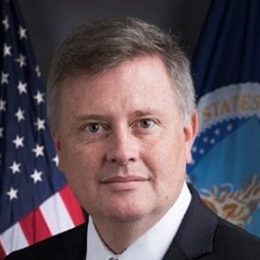
Senior Environmental Markets Analyst, U.S. Department of Agriculture (USDA), Office of Environmental Markets, Washington, D.C.
Dr. Christopher Hartley is responsible for the development of policy, tools, and metrics to facilitate private investment in conservation and the participation of farmers, ranchers, and forest landowners in emerging environmental markets. He previously worked for the Natural Resources Conservation Service in Washington, DC and in California building partnerships to accelerate voluntary conservation and served with the U.S. Peace Corps as an agricultural extension agent in Senegal, West Africa. He is a Certified Crop Advisor, and a licensed Pest Control Advisor with more than 25 years of experience working in support of production agriculture and the promotion of clean air, clean water, and a safe and abundant food supply. Dr. Hartley earned a Ph.D.in Ecology, emphasis Agroecology, M.Sc. Agronomy, MSc. International Agricultural Development from the University of California at Davis.
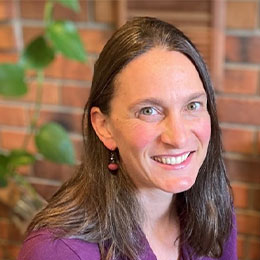
Social Science Research Consultant, U.S. Geological Survey, Langley, WA
Dr. Hoelting received her Ph.D. from the Human Dimensions of Natural Resources Department at Colorado State University. Her dissertation explored pathways for improved consideration of cultural ecosystem services in decision-making. Prior to receiving her doctorate, Kristin spent over a decade conducting social science research for Federal agencies, including NOAA Fisheries and USGS. She currently works as a Social Science Research Consultant with the USGS on questions related to CES knowledge.
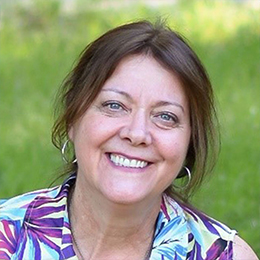
Director, UF/IFAS Office of Conferences & Institutes, Gainesville, FL
Beth Miller-Tipton has served as Director of the UF/IFAS Office of Conferences and Institutes (OCI) for the past 30 years. She has been a guiding force, providing leadership to a creative and devoted planning team whose mission is to unite scientists and professionals focused on a common purpose so they can make a positive impact on the world around them. In addition to management responsibilities, Beth also coordinates several large scientific conferences, including ACES.

Science Information Specialist, U.S. Geological Survey, Reston, VA
Shonté Jenkins is the Science Information Specialist at the US Geological Survey (USGS) Science and Decisions Center (SDC) in Reston, VA. While at the center Shonté has been instrumental in producing products, which communicate the many efforts and projects by the SDC scientists within the center through print and digital media. Shonté is passionate about early education outreach and bringing more diversity to science. She pursues these efforts for the center and across the USGS as a member for the Diversity, Equity, Inclusion, & Accessibility (DEIA) Council. Shonté has served an active role in the A Community on Ecosystem Services (ACES) conferences as a program and planning committee member since 2012 and more recently as Co-Chair. In addition to her many professional accomplishments, Shonté considers her greatest accomplishments being a mother, wife, and woodworker loving life in beautiful and rural Northern VA.
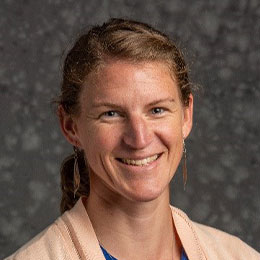
Biological Science Specialist, U.S. Department of Agriculture, NIFA, Kansas City, MO
Erika Kraus is a Program Specialist at the National Institute of Food and Agriculture, USDA. She works with competitive grant programs that support graduate students, including the Pre- and Postdoctoral Fellowships within AFRI, and the National Needs Fellowships. She also supports the Food and Agriculture Non-formal Education competitive grant program. Erika was an ACES Graduate Fellow and volunteer in 2018 as a PhD candidate attending Michigan State University in Forestry.
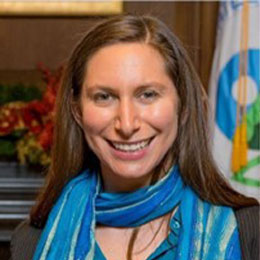
Ecologist, U.S. Environmental Protection Agency, ORD, Cincinnati, OH
Tammy is an ecologist with EPA’s Office of Research and Development, Center for Environmental Measurement and Modeling. Her current work portfolio is divided into restoration effectiveness and ecosystem services research. She leads the habitat restoration research as part of the Great Lakes Areas of Concern "Remediation to Restoration to Revitalization" (R2R2R) research team composed of ORD, GLNPO, and other Federal and local partners. She is the technical lead for the Ecoservice Models Library and the National Ecosystem Services Classification System Plus.

Assistant Center Director, CCTE MI: SHC and SSWR US, Environmental Protection Agency, ORD, Gulf Breeze, FL
Dr. Marc Russell is responsible for his Center’s planning and implementation of research in EPA’s Sustainable and Healthy Communities and Sustainable and Safe Water Research Programs. He works with other EPA centers, offices, national research programs, and communities to develop innovative, scientifically sound, and sustainability focused decision support tools. These tools assure that the integrated research vital to the future of environmental protection is robust, defensible and useful. Dr. Russell specializes in landscape system ecology with foci in estuarine net ecosystem metabolism, freshwater inflow, landscape characterization, net anthropogenic nutrient budgets, system dynamics models, functional equivalency, ecosystem services, and natural capital accounting.
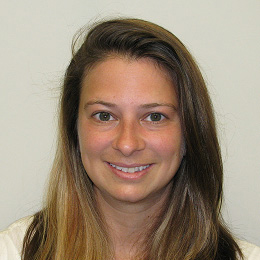
Decision Scientist, U.S. Environmental Protection Agency, ORD, Gulf Breeze, FL
Leah Sharpe is a Decision Scientist with the Gulf Ecosystem Measurement and Modeling Division of ORD’s Center for Ecosystem Measurement and Modeling. She joined EPA in 2016 and, since then, has been working to incorporate ecosystem service thinking into decision making processes and developing tools and approaches for doing so. Prior to her time at the EPA she worked for NOAA Fisheries where she focused on decision support, science communication, and policy analysis.
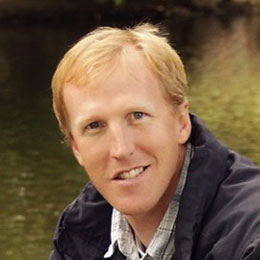
Research Economist, USDA Forest Service, Rocky Mountain Research Station, Fort Collins, CO
Dr. Travis Warziniack is a research economist with the USFS Rocky Mountain Research Station. His work focuses on valuation of ecosystem services, with an emphasis on watershed health, climate impacts to water resources, and nature’s role in regional economies. He leads the development of natural capital accounts for forests in the U.S. and serves as the water specialist for the Resource Planning Act (RPA) Assessment, which looks at the status and trends of the nation’s renewable natural resources. Prior to working at the Rocky Mountain Research Station he was a professor of environmental economics at the University of Heidelberg, Germany and worked as a consultant in economic development. He received his PhD from the University of Wyoming in 2008.
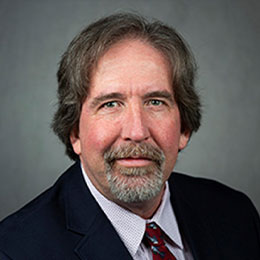
Chair, UF/IFAS Soil Water, and Ecosystem Sciences, Gainesville, FL
Dr. Matt Whiles is Professor and Chair of the Soil, Water and Ecosystem Sciences Department at the University of Florida. Leading a department of forty-eight faculty members, including sixteen at Research and Extension Centers located throughout the state. Before moving to UF, Whiles was a Professor at Southern Illinois University (SIU), where he directed the Center for Ecology and the Cooperative Wildlife Research Laboratory. Matt holds a Ph.D. in Ecology, a masters in Entomology and a Bachelor of Science in Biology. Matt’s research focuses on quantifying the roles of animals in freshwater ecosystem function. He has led numerous large, collaborative projects, including the Tropical Amphibian Declines in Streams (TADS) project examining the ecological consequences of amphibian declines. He has worked closely with agencies and NGOs on stream and wetland management and restoration and served on numerous panels guiding management of freshwater habitats.
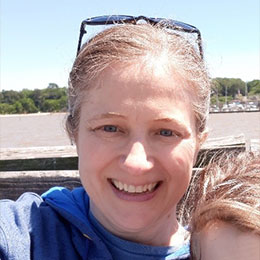
Ecologist, U.S. Environmental Protection Agency, ORD, Gulf Breeze, FL
Susan is an ecologist with EPA’s Office of Research and Development, Center for Environmental Measurement and Modeling since 2006, where she started as a postdoc modeling impacts of climate stressors on coral reef health. She is currently working on projects to identify and quantify the benefits of ecological restoration for coastal communities, including Massachusetts Bay and the Chesapeake Bay.
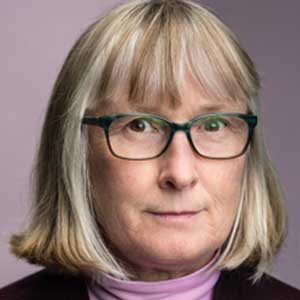
Professor Gratis, University of New Orleans, Montegut, LA, USA
Denise J. Reed is an expert in coastal marsh sustainability and the role of human activities in modifying coastal systems with over 35 years of experience studying coastal issues in the United States and abroad. She has published extensively on the effects of sea-level rise on coastal marshes and has been involved in restoration and resilience planning in coastal Louisiana for over 3 decades, serving as a technical advisor to the Louisiana Coastal Master Plan since its initiation following Hurricanes Katrina and Rita in 2005. Dr. Reed has served as a Distinguished Research Professor at the University of New Orleans and spent five years as Chief Scientist at The Water Institute of the Gulf. She has served on numerous boards and panels addressing the effects of human alterations on coastal environments and the role of science in guiding restoration including the NOAA Science Advisory Board, the Chief of Engineers Environmental Advisory Board, and a number of National Academies’ committees including USACE planning, Everglades restoration and the protection of sheltered shorelines. Dr. Reed received her B.S. degree in Geography from Sidney Sussex College, Cambridge and her M.A. and Ph.D. degrees from University of Cambridge, UK.

Associate Professor, University of Central Florida, Aquatic Biogeochemistry Lab (ABL) and Soil and Sediment Lab (SASL), Department of Biology and National Center for Integrated Coastal Research, Orlando, FL, USA
Lisa G. Chambers is an Associate Professor at the University of Central Florida within the Biology Department and National Center for Integrated Coastal Research; she also serves as the Principal Investigator of the Aquatic Biogeochemistry Lab and Soil and Sediment Lab. Her research focuses on the impacts of disturbance (such as sea level rise, climate change, urbanization, and restoration) on wetland and coastal ecosystem functions, including nutrient cycling, greenhouse gas production, and carbon storage. Recent work has focused on bridging the gap in understanding between upland and wetland soils regarding mechanisms of organic matter stabilization. She holds a Ph.D. in Soil and Water Science from the University of Florida, an M.S. in Oceanography and Coastal Sciences from Louisiana State University, and a B.S. in Natural Resources from Ohio State University.
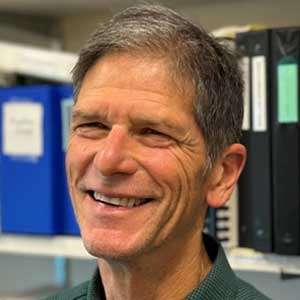
Allen and Helen Hunting Research Professor, Annis Water Resources Institute, Grand Valley State University, Muskegon, MI, USA
Alan (Al) Steinman is the Allen and Helen Hunting Research Professor of Grand Valley State University’s Annis Water Resources Institute (AWRI). Previously, he was Director of AWRI for 22 years, and before that, Director of the Lake Okeechobee Restoration Program at the South Florida Water Management District. Steinman has published over 200 scientific articles, book chapters, and books and has testified before the U.S. Congress and the Michigan and Florida state legislatures. He holds a Postdoctoral Research Fellowship from Oak Ridge National Laboratory, a Ph.D. in Botany/Aquatic Ecology from Oregon State University. His research interests include aquatic ecosystem restoration, harmful algal blooms, phosphorus cycling, and water policy.
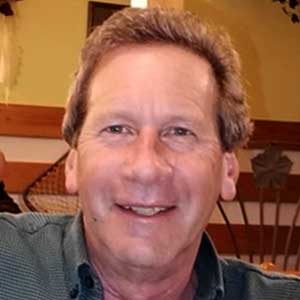
Janet Duey Professor of Rural Land Policy Emeritus, Indiana University, Paul H. O’Neill School of Public and Environmental Affairs, Bloomington, IN, USA
Professor Craft is Professor Emeritus in the O’Neill School of Public and Environmental Affairs at Indiana University, Bloomington. His research interests include wetland restoration, eutrophication, carbon sequestration, and effects of climate change. From 2008 to 2009, he served as President of the Society of Wetland Scientists (SWS). In 2012, Professor Craft received the National Wetlands Award for Science Research sponsored by the Environmental Law Institute, Washington DC. Professor Craft is author of Creating and Restoring Wetlands: From Theory to Practice, 2nd Edition (2022), and co-editor of Wetland Soils: Hydrology, Landscapes, and Classification (2016) with Michael Vepraskas.